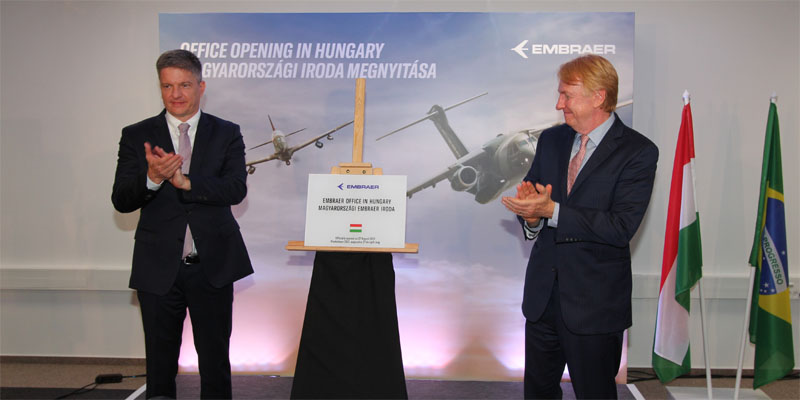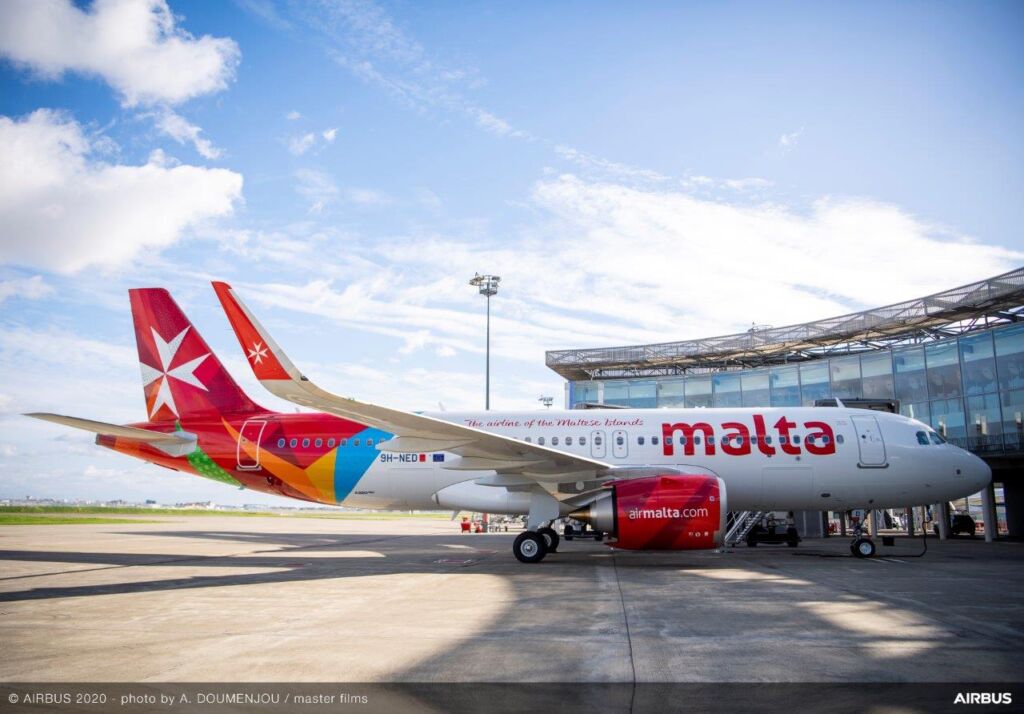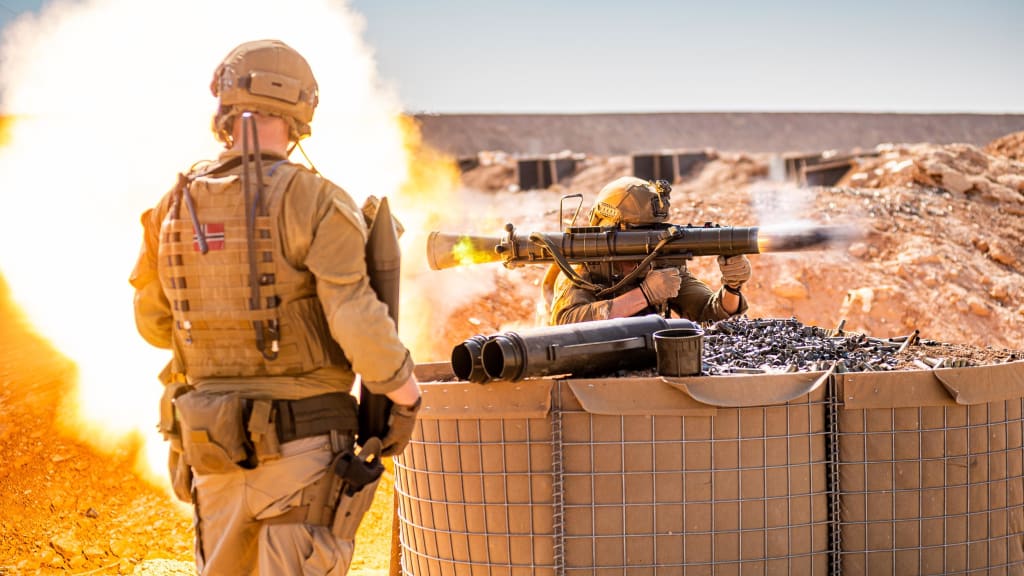Embraer Opens an Office in Hungary
Embraer announced today the opening of an office in Budapest, the capital of Hungary. The main objective is to foster cooperation in Hungary, which could result in future developments under new partnerships. The office also…


